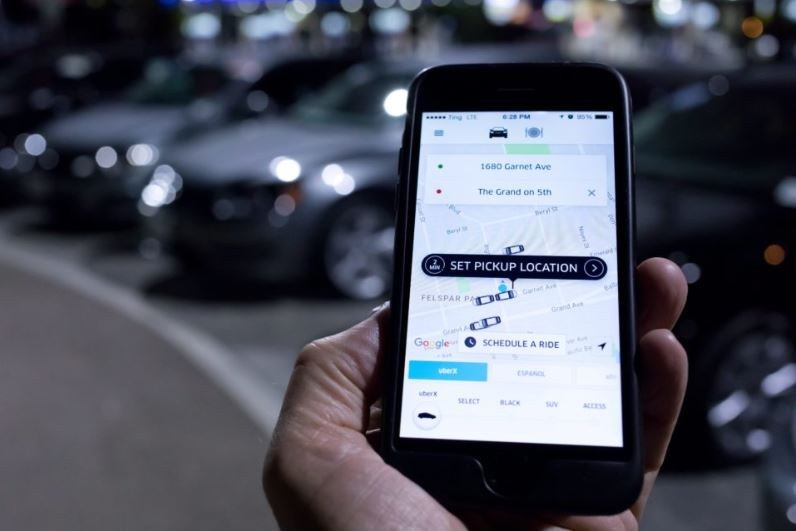As the ongoing battle between Brussels and the American technology company Uber reached a peak this week with the banning of smartphones for Uber drivers, Belgium’s socialist trade union has called for the creation of a Brussels taxi app as a solution.
The General Belgian Trade Union Federation (ABVV) says that when the Brussels government meets to discuss the issue this Thursday, the conversation should be focused not on the measure itself, but on what prompted it in the first place: the Uber business model.
“The taxi industry needs to make use of new technologies and modern applications, but not at the expense of working conditions and drivers' wages. With the US platform's economic model, this is exactly what is happening,” said Frank Moreels, the union president.
Related News
- 'One fine and we'll shut down Brussels'; Uber drivers rally against smartphone ban
- Uber calls on Brussels to reconsider measure banning smartphones
- Uber drivers can no longer use smartphones in Brussels
- Vervoort says Uber drivers won’t be fined yet, calls for taxi reform
- Parade of drivers honking horns protests mobility policy in Brussels
He also expressed disappointment at Belgian politicians who came out in support of the American corporate giant, like MP Sven Gatz and State Secretary Pascal Smet, saying they should instead “support the development of a Brussels taxi app to ensure that working and wage conditions are respected and that drivers have a fair [employment] status.”
Uber’s drivers do not work directly for the company as employees, but are instead classified as self-employed contractors, a designation that affects taxation, work hours, and overtime benefits, which opponents say is out of step with progressive European employment practices.
Uber, whose revenue was estimated at US$14 billion in 2019, has been taken to court a number of times in multiple countries over its treatment of drivers. A 2019 lawsuit in the US ordered the company to pay US$650 million in overdue unemployment and disability insurance taxes.
The Belgian union president Moreels cited a Limburg initiative as a model. Called 'Wave a Cab,' it focuses on local and traditional taxi companies and drivers and combines these with modern technologies and applications.
On Monday, around a hundred Uber drivers gathered at the official residence of Brussels Minister-President Rudi Vervoort to protest the smartphone ban, and they plan to do the same on Thursday, according to Fernando Redondo, the president of the Belgian Limousine Drivers' Association (ABCL). Uber classifies itself as a limousine service in order to get around many of the rules that would ban it from operating in the Belgian capital, according to the ABVV.
“Reforms for Uber have been underway for nearly seven years now and must be implemented urgently,” acknowledged Redondo. But he is concerned about the Uber drivers currently working in the Belgian capital who will lose access to their livelihoods via the sudden cell phone ban.
“Without reforms, 2,000 drivers who work very hard will lose their earnings and will no longer be able to provide their families with a livelihood,” he says.

